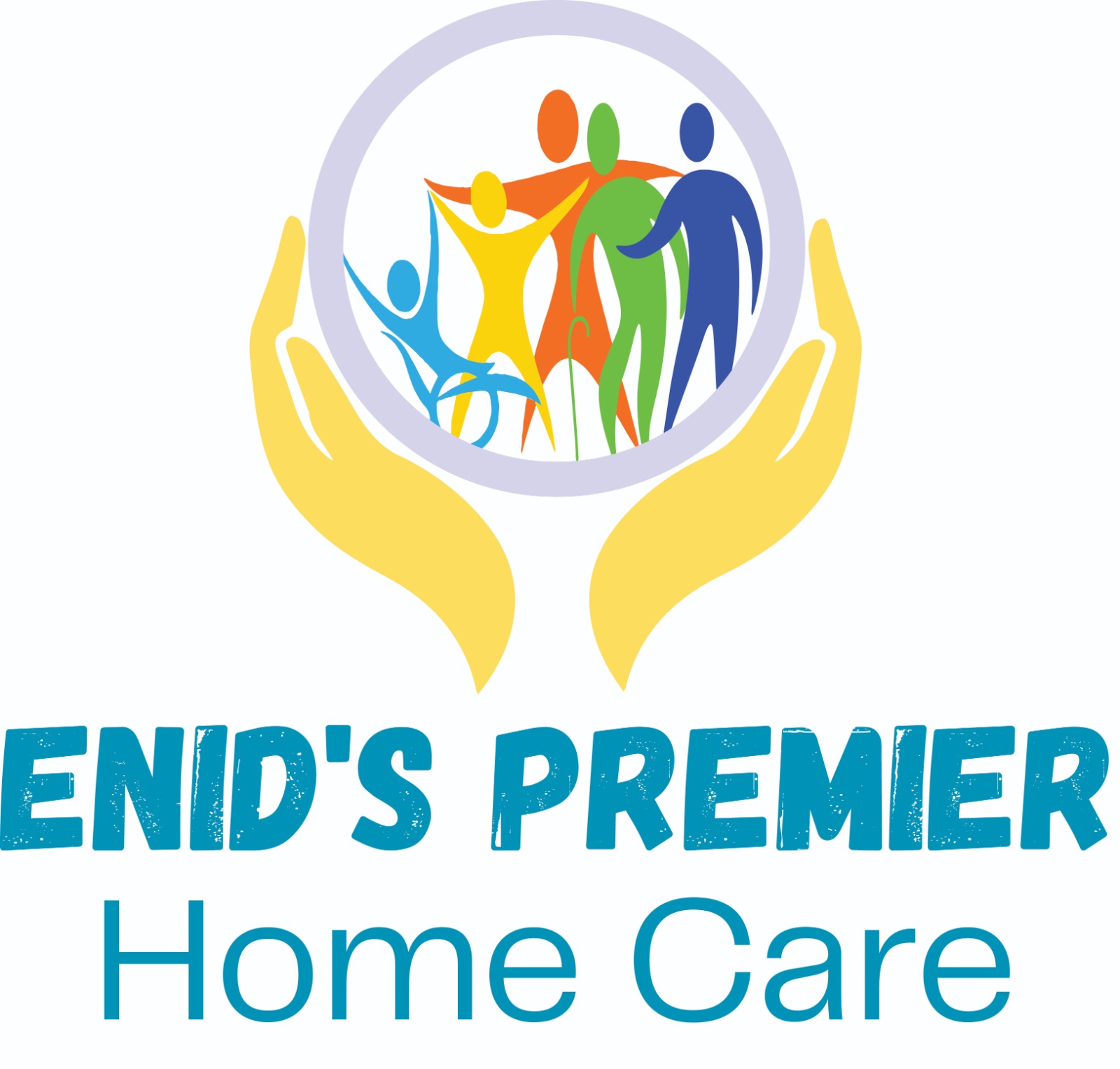Blogs

Our mental health is just as important as our physical health, yet it can often be overlooked in our senior community. Anxiety and depression in seniors might not always look the same as they do in younger people. Instead of dramatic expressions of sadness or panic, seniors may experience subtle shifts in mood, changes in sleep patterns, loss of interest in favorite activities, or even physical symptoms like fatigue or aches.
These conditions can be influenced by factors such as:
- Social Isolation: Reduced social interaction can lead to feelings of loneliness and despair.
- Health Concerns: Chronic illnesses or sudden changes in physical health can contribute to anxiety.
- Loss and Grief: The loss of friends, family, or a spouse can trigger significant emotional distress.
Understanding these factors is the first step in addressing mental health challenges and seeking appropriate support.
Recognizing the Signs
Identifying anxiety and depression early can make a significant difference. Look for:
- Changes in Behavior: Withdrawal from social activities, reduced appetite, or neglecting personal hygiene.
- Emotional Shifts: Increased irritability, persistent sadness, or heightened feelings of worry.
- Physical Symptoms: Unexplained aches, fatigue, or changes in sleep patterns.
If you or a loved one are noticing these signs, consider reaching out to a healthcare professional or a trusted caregiver.
Practical Strategies for Managing Anxiety and Depression
While professional guidance is essential, there are daily practices that can help manage symptoms:
- Stay Connected: Maintaining relationships with friends, family, and community groups can combat feelings of isolation.
- Engage in Physical Activity: Regular exercise—even a short walk—can boost mood and overall well-being.
- Pursue Hobbies: Activities that spark joy and creativity can provide a positive outlet for emotional expression.
- Mindfulness and Relaxation: Techniques like meditation or deep breathing exercises can reduce stress and promote mental clarity.
- Professional Support: Don’t hesitate to reach out to mental health professionals. Therapy and counseling provide a safe space to talk about your experiences and develop personalized coping strategies.
How Enid's Premier Home Care, LLC Supports Your Mental Health
At Enid's Premier Home Care, LLC, we believe that compassionate, comprehensive care goes beyond physical assistance. Our team is dedicated to:
- Personalized Care Plans: Tailoring support services to meet the unique emotional and physical needs of each senior.
- Community Engagement: Encouraging participation in local events and support groups to build lasting connections.
- Resource Connection: Helping families navigate and access mental health resources, from local therapists to community support initiatives.
- Regular Check-Ins: Ensuring that our seniors feel seen, heard, and supported through regular interactions with our caring staff.
Our goal is to create an environment where every senior feels valued and empowered to live their best life, both physically and mentally.
Seeking Help and Moving Forward
If you’re experiencing anxiety or depression, remember that you’re not alone. It’s okay to ask for help, and taking that first step toward support can lead to significant improvements in your overall well-being. Whether you’re looking for professional advice or simply need someone to talk to, know that help is available.
For more information on our services or to connect with a member of our team, please visit our website or contact us directly. At Enid's Premier Home Care, LLC, we’re here to help you navigate these challenges with compassion and care.
Together, let’s foster a community where every senior feels empowered, understood, and supported on their journey to mental wellness.
Note: This blog post is for informational purposes only and is not intended as a substitute for professional medical advice. Always consult a qualified healthcare provider for concerns regarding mental health.
